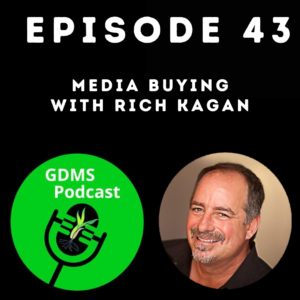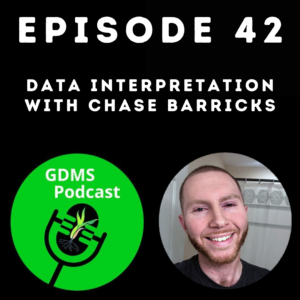Have you ever noticed that when you visit a website, you see ads based on what you searched? This ability that allows companies to customize ads to multiple users based on their needs is called contextual marketing. We are going to talk about how it works, why it is important, and the pushback of contextual marketing.
How does contextual marketing work?
When a user is exploring the web, their search values and some personnel information (gender, age) are stored and then converted to ads. An example would be Google’s Adsense. When a user searches something on Google, the program then converts these cookies into a related ad to the user.
This idea of converting a user’s search and information has been adapted not only by Google, but by many other companies like Yahoo.
Why is contextual marketing important?
Contextual marketing saves you money. In the past, marketers had to make ads on all parts of media, including television, radio and newspapers. They had to target locals in the surrounding area but there was no way to determine the rate of return on these investments.
Now, with the internet and data, companies now have a global audience to target, but can get a higher response rate because of using targeted ads towards its users and can see their rate of return from its analytics.
By having targeted ads, users will have what they want in their face. This will make them click on the item, which increases cost per click and engagement for your company.
This also affects your ad campaigns in analytics; companies will yield higher results in campaigns since users will click on their customized ads.

The pushback of contextual marketing
The issue with contextual marketing is the ability to use cookies. Like our article about cookies, users have felt an attack of privacy, especially if they did not accept any terms on whether or not the site can use their cookies.
Although the cookies these agencies obtain do not identify the user, it still can be intimidating for the user to see ads that are directed to them when they did not accept any agreement.
Conclusion
Other than the issue of using a user’s information, contextual marketing has been a revolutionary concept for marketers. This ability has given businesses to create ads that specify towards a user’s searches and information.
This has brought in more money and engagement to the company. But, as mentioned before, this invasion of cookies has worried users, and many entities and platforms have started to ban cookies.
The next question for marketers is what is going to happen once cookies get banned, and how will contextual marketing be changed.
FREE Website Report
If you are interested in having a digital audit of your business or organization; check out our free website report; The report is yours regardless of whether or not we work together. Or check out the services we provide.
Free Website ReportOur Services




